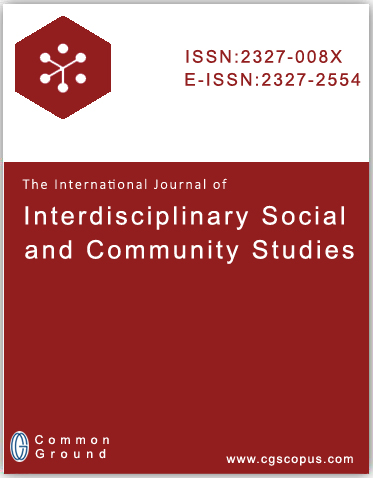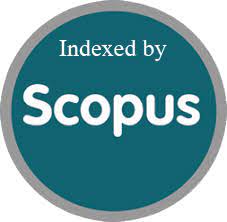Improving Socioeconomic Outcome in Nigeria: Influence of Naira Redesign in Ogun State
DOI:
https://doi.org/10.18848/wekgcy19Abstract
Currency redesign is a critical economic and monetary policy instrument used by central banks to tackle issues ranging from inflation control, currency counterfeiting, to mopping up excess liquidity and improving monetary policy effectiveness. Thus, the study examined the impact of currency redesign on socio-economic outcomes in Ogun State, Nigeria. The specific objectives of the study were to examine the impact of currency redesign on the cost of living and inflation rate; currency redesign on the economic activities of micro and small-scale businesses and assess the socio-economic effects of currency redesign on vulnerable populations (low-income households, traders, artisans) in Ogun State, Nigeria. This study adopted the descriptive survey research design. In this particular study, the population consists of all the stakeholders in Nigeria using selected residents in Ogun State as a case study. A sample of 100 residents were drawn for the study. The cluster random sampling method was adopted for this study. The questionnaire (NARISQ) was structured into close ended questions, having two major parts: A and B. Data collected were analysed with frequency count, and percentages (%) and charts while the hypotheses were tested with Chi-square (X2) statistical technique. The result showed that there is a significant effect of currency redesign on cost of living and inflation rate, micro and small businesses; and socio-economic outcomes of the vulnerable population (low-income households, traders, artisans) in Ogun State, Nigeria. It was therefore recommended that going forward, there is urgent need to extend the validity period, sustain the existing old notes a legal tender and gradually remove the old notes through the banking system to avoid the economic hardship that is associated with inability to purchase goods and services by the non-banked population in the informal sector.










